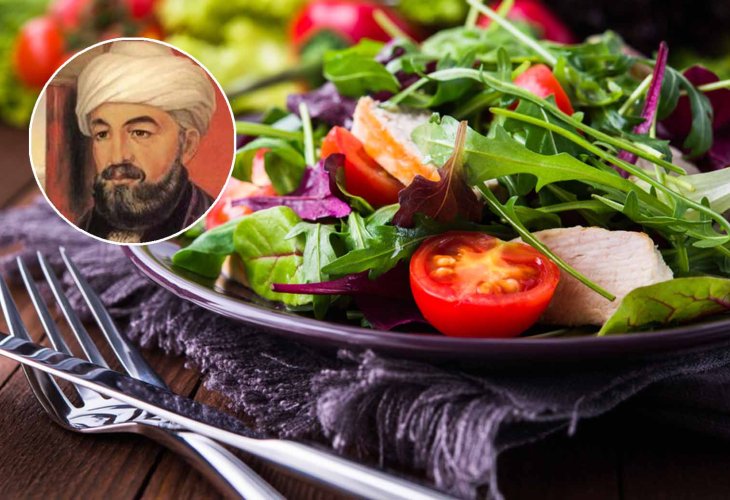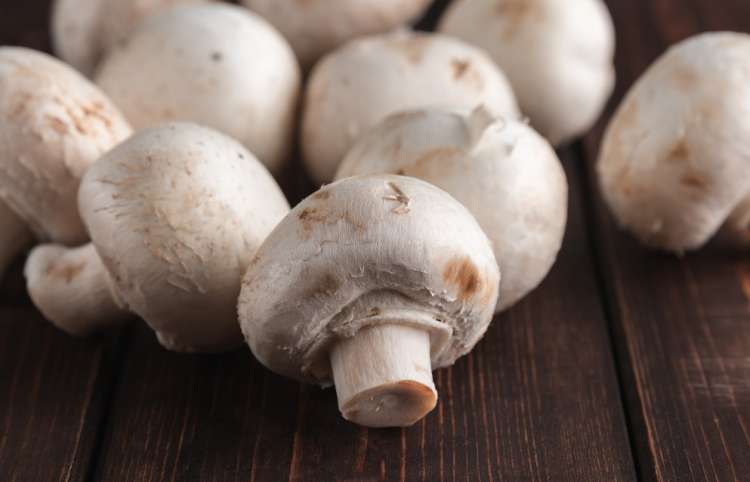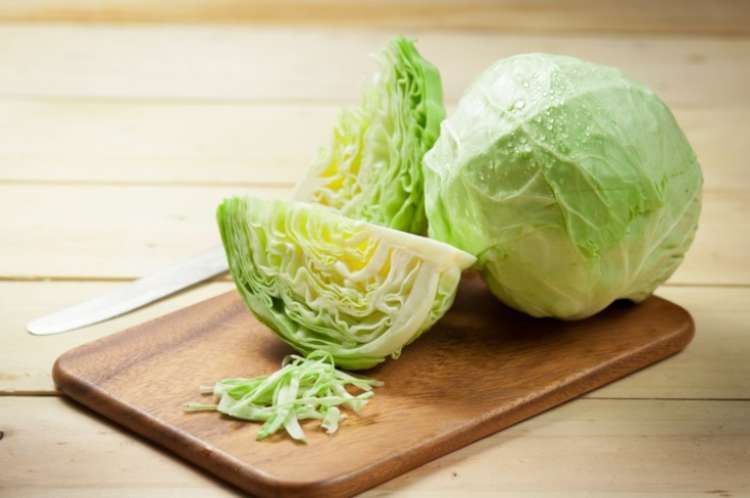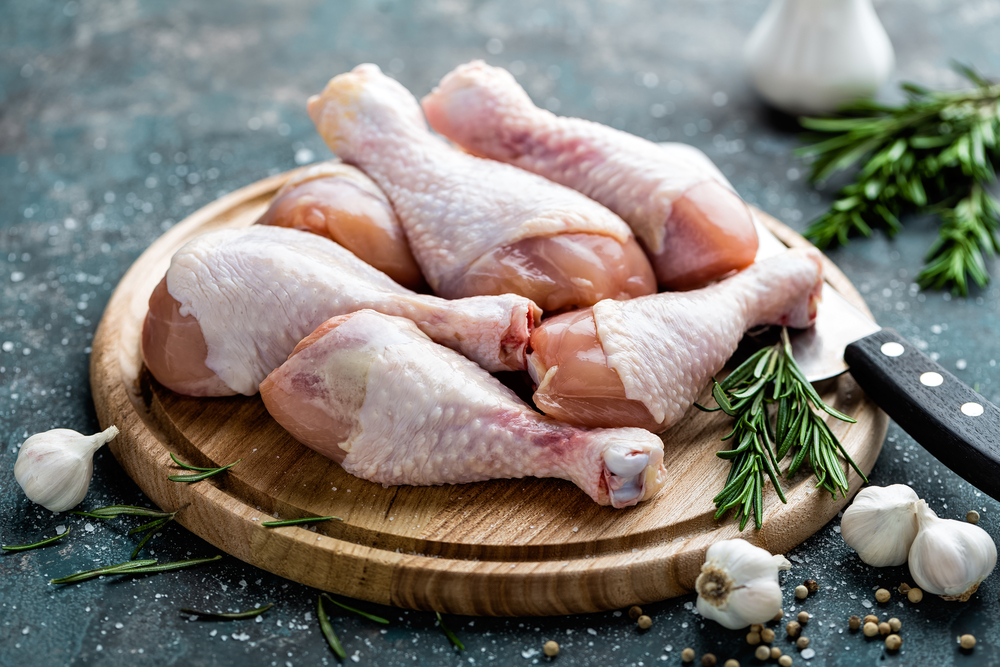Eat and Avoid: Golden Tips for a Healthy Diet According to the Rambam
We all strive for a healthy life, and for that, it's crucial to be mindful of our food choices. What foods should we avoid, and what are the principles of proper eating? Golden tips and recommendations according to the Rambam.
 (Photo: shutterstock)
(Photo: shutterstock)Rabbi Moses ben Maimon was born in 1135 and passed away in Egypt in 1204.
His famous works include "Guide for the Perplexed," "Mishneh Torah," and of course, his commentary on the Mishnah, along with other books. Additionally, he authored 11 medical books, published under titles such as "The Book of Asthma," "Chapters of Moses," "Treatise on Hemorrhoids," "Names of Drugs," "On the End of Life," and more.
According to the Rambam, a healthy diet is one tailored to parameters such as age, traits, health condition, geographical location, and occupation – what is good for one is not necessarily good for another.
Moreover, the manner in which we digest food is significant, and thus, even the elderly can maintain robust health if they eat properly.
Foods Harmful to Health, According to the Rambam
The Rambam lists certain harmful foods and calls them "the poison of death":
1. Salty and old cheese.
2. Mushrooms and truffles.
 (Photo: shutterstock)
(Photo: shutterstock)3. Large fish (the larger the fish, the higher the level of toxins and mercury).
4. Salty and old meat.
5. Foods with a bad smell. Known spoiled food is full of bacteria, and anything that doesn’t smell good should be avoided.
Rabbi Zamir Cohen: Which foods are strictly forbidden according to the Rambam?
In contrast, the Rambam notes foods that are not good for health but can be eaten occasionally and in small quantities:
"There are foods that are harmful, but not as bad as the first ones; therefore, a person should eat them rarely and in small amounts, not making them a regular part of their diet" (Mishneh Torah, Book of Knowledge, Laws of Behavior, Chapter 4).
1. Barley bread.
2. Matza bread.
3. Cheese and milk more than 24 hours old after milking.
4. Cabbage.
 (Photo: shutterstock)
(Photo: shutterstock)5. Garlic and onion.
6. Mustard (not good to consume in the summer).
7. Radish (not good to consume in the summer).
8. Vegetables that cause diarrhea.
9. Bread toasted in oil or bread kneaded in oil.
10. Unripe fruits.
11. Carobs (cause constipation).
12. Fresh dates (dry dates are good, fresh dates are excellent).
Foods Beneficial to Health, According to the Rambam
1. Olive oil (except on hot days).
2. Eggs.
3. Goat’s milk.
4. Chicken meat, especially chicken soup.
 (Photo: shutterstock)
(Photo: shutterstock)5. Beef and lamb (only for a thin and weak person).
6. Whole wheat bread (the Rambam calls this "spelt bread"): "The flour made from wheat not soaked in water and not peeled" (The Book of Asthma, Chapter 3).
7. A variety of fruits (especially nuts, almonds, and grapes), except for citrus fruits that cause phlegm.
8. "Honey and wine are bad for the young but good for the elderly" (Laws of Behavior, Chapter 4).
9. Fish, especially mullet fish and small fish that contain high amounts of omega-3.
Rabbi Zamir Cohen: Shaping personality and maintaining health according to the Rambam
Recommendations for Proper Eating, According to the Rambam
The Rambam gives us golden tips for proper and healthy eating (Mishneh Torah, Book of Knowledge, Laws of Behavior, Chapter 4):
1. Eat sitting down, not standing up, and walking while eating or immediately after a meal hinders the proper functioning of the digestive system.
2. Eat only when feeling hungry, drink only when feeling thirsty.
3. Do not drink water during meals.
4. Do not fill the stomach completely; leave a little room.
5. Eat only after relieving oneself.
6. In summer, it is recommended to eat cold food without seasoning. In contrast, in winter, it's recommended to eat hot and seasoned food.
7. In summer, it's advisable to reduce food intake to two-thirds of the amount eaten in winter.
8. In a meal, eat light food before heavy food, for example, eat eggs before meat.
More articles on the same topic:
The Rambam and His Life: 10 Facts You (Might) Not Know About the Rambam
The Set Table: True Nutritional Guidance According to the Rambam

